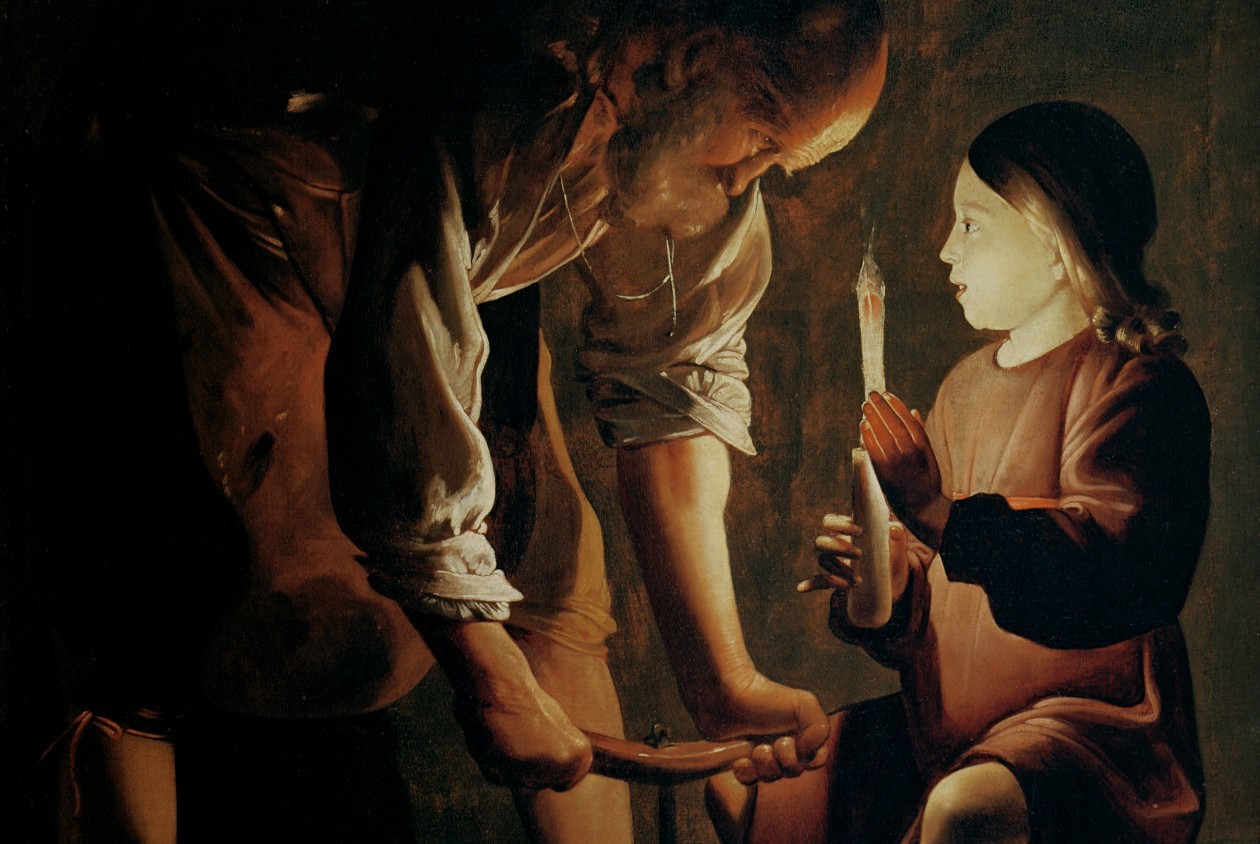Barclay tells us that John’s gospel was written in Ephesus around A.D. 100 and addressed to Hellenistic audience. How would he announce the coming of Messiah and translate his identity and mission into the thought world of his Greek readers? 660 years before John, an Ephesian philosopher named Heraclitus gave us the famous image of flux – that one can’t step into the same river twice, since the river will have changed in the mean time. (Yes Disney’s Pochohantas studied philosophy too. Haven’t you have experienced that sense of anticipation as you came home to reconnect with your friends, only to realize with some sadness perhaps, that each one has moved on with life and warm memories of happy times cannot be relived.)
Was all of life in a chaotic state of flux in which one can have no root? Or was there something that gave continuity to the changing elements of the universe? Hereclitis said that the something was the Logos, the principle of order that underlies the physical universe. More than that, it is the pattern that guides the unfolding of world events. The logos is the purpose, plan, and design controlling nature and history. “The Logos was nothing less than the mind of God controlling the world and every man in it. ” The idea was a hit with the Stoics. The logos must be the principle that guides the stars in their path in the sky, the tides in their ebb and flow, and the pattern of the seasons.
But Barclay reminds us of yet another seminal thinker. Philo was the famous philosopher of Alexandria who sought to harmonize the wisdom of the Jews and the Greeks. Steeped in the knowledge of the Jewish Scriptures and the greatness of Greek thought, Philo knew and loved the Logos, the Word, the reason of God. It was the tiller by which God piloted the universe, the trademark with which the creation is stamped. The human mind was imprinted with the Logos, giving us the faculty of reason. It was the intermediary between the world and its Maker, “the priest who set the soul before God.”
“So John came to the Greeks and said: For centuries you have been thinking and writing and dreaming about the Logos (Greek #3056), the power which made the world, the power which keeps the order of the world, the power by which men think and reason and know, the power by which men come into contact with God. Jesus is that Logos come down to earth.” “The word,” said John, “became flesh.” We could put it another way–“The Mind of God became a person.”
